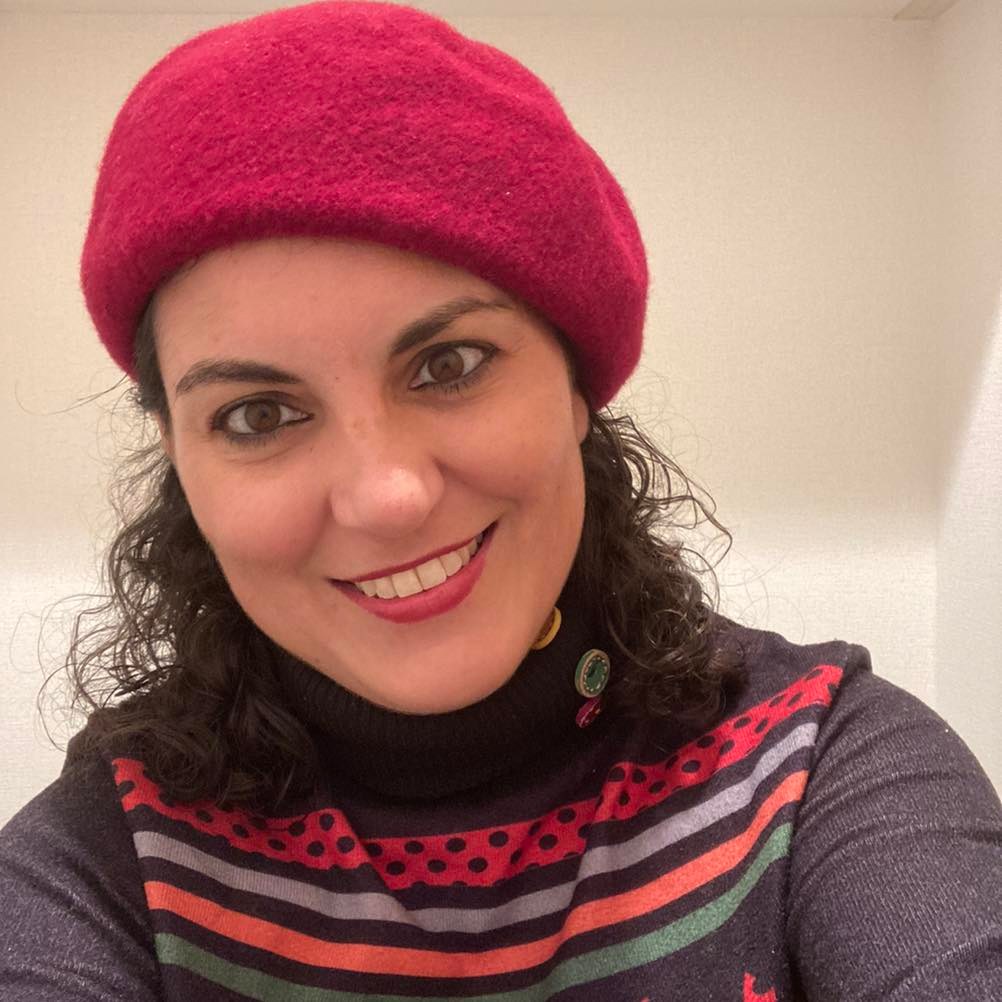
Janet Delgado is a bioethicist with an academic background in both Nursing and Philosophy. She is currently Professor of International Nursing at Yamaguchi University and serves as Editor-in-Chief of the academic journal Nursing & Health Sciences.
Her research focuses on three main areas:
Collective moral resilience among healthcare professionals
The ethical, legal, and social implications (ELSI) of healthcare technologies and artificial intelligence
The ethics of organ donation and transplantation, with a particular interest in the role of the family in decision-making around organ donation
Professor Delgado actively contributes to interdisciplinary debates in bioethics and health policy. She is a member of the Working Group on Public Issues within ELPAT (Ethical, Legal, and Psychosocial Aspects of Transplantation), a specialized section of the European Society for Organ Transplantation (ESOT).
Organ donation after medical assistance in dying: An ethical overview
Janet Delgado1,2,3, David Rodríguez-Arias2,3,4, María Victoria Martínez-López2,3,5, Luis Espiricueta3,4, Gonzalo Díaz-Cobacho3,4, Jed Adam Gross6,7.
1Graduate School of Medicine, Department of Nursing. , Yamaguchi University, Ube, Japan; 2ELPAT, ESOT, Padua, Italy; 3Stuart Youngner International Collaborative in Empirical Bioethics, University of Granada, Granada, Spain; 4Department of Philosophy I, University of Granada, Granada, Spain; 5Department of Nursing, University of Granada, Granada, Spain; 6Department of Clinical & Organizational Ethics University Health Network, University Health Network, Toronto, Canada; 7Dalla Lana School of Public Health, University of Toronto, Toronto, Canada
Introduction: Organ Donation after Medical Assistance in Dying (OD-MAiD) is currently practiced in Belgium, Canada, the Netherlands, and Spain. Although OD-MAiD shares characteristics with both traditional MAiD and established organ donation procedures, it presents a unique ethical landscape. The combination of these two practices raises novel concerns related to donor consent, adherence to the dead donor rule, and organ allocation ethics. A key ethical question is whether OD-MAiD should be guided by the norms of living donation, which prioritize donor autonomy, or deceased donation, which prioritizes recipient needs and impartial organ allocation.
Method: This study conducts a normative ethical analysis of OD-MAiD by comparing it to established frameworks for living and deceased organ donation. Ethical considerations are explored through conceptual analysis and supported by reference to existing medical and bioethical guidelines in countries where OD-MAiD is practiced.
Results: The analysis identifies several ethical tensions unique to OD-MAiD. These include: (1) potential influence of organ donation prospects on a patient's decision to pursue MAiD, (2) challenges in preserving autonomy and ensuring informed consent under emotionally and medically complex conditions, (3) tensions between donor-directed and system-directed organ allocation, and (4) the risk of compromising end-of-life care in pursuit of organ viability.
Conclusion: OD-MAiD poses distinct ethical challenges that require dedicated safeguards beyond those used in standard organ donation or MAiD protocols. Ethical governance of OD-MAiD should aim to preserve patient autonomy, prevent coercion, and strike a careful balance between the two paradigms of living and deceased donation. Policymakers must carefully design frameworks to protect both donor and recipient interests without compromising end-of-life care quality.
[1] Medical Assistance in Dying
[2] Deceased organ donation
[3] Living organ donation
[4] Ethics